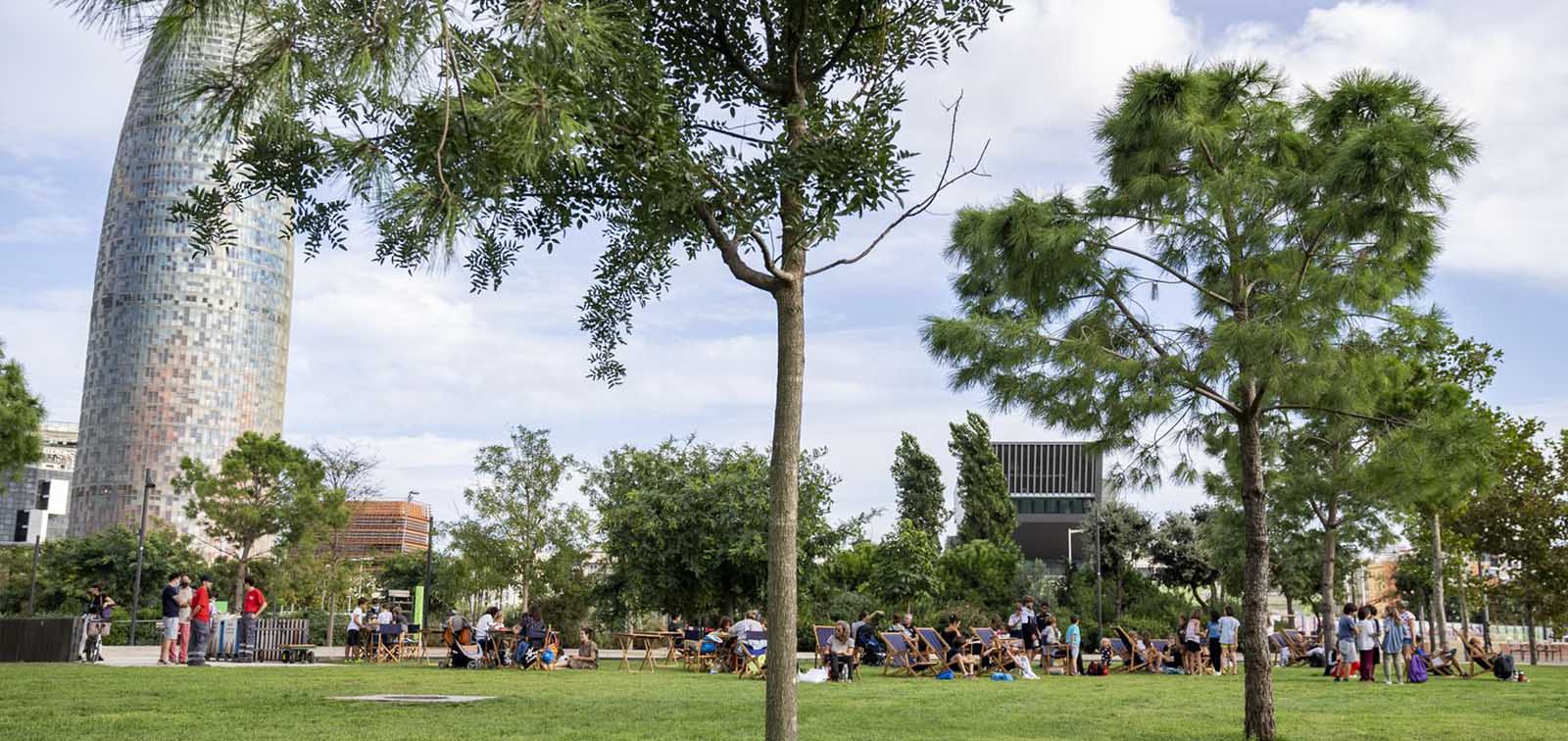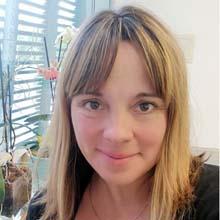The programme aims to strengthen the evidence base in the field of the health effects of climate change and urban exposures, and assess the health co-benefits of climate action. The focus is on exposures such as air pollution, temperature, green spaces, and noise, and in outcomes such as premature mortality, cardiovascular and respiratory health, and cognitive function. This research is complemented by computational modelling of global climate variations and tipping points and their impact on health. The ultimate objective is to support healthy (urban) living, and forecast and reduce the health impacts of climate change.
Specific Goals
The overall aim of the CANU programme is to support healthy (urban) living, and forecast and reduce the health impacts of climate change, by:
- Strengthening evidence base relating to health effects and impacts of climate change and urban exposures, and assess the health co-benefits of climate action.
- With a focus on:
- Exposures: air pollution, temperature, green spaces, noise,
- Outcomes: premature mortality, cardiovascular and respiratory health, cognitive function, birth outcomes, mental health, infectious disease, health behaviors (e.g., diet, physical activity), emotional health (e.g., loneliness), cancer.
- Performing computational modelling of global climate variations and tipping points and their impact on health.
- Conducting experimental and observational studies to evaluate intervention effectiveness.
Main Research Areas
Climate and health
The climate and health area researches the Earth's Tipping Points and their critical thresholds in relation to the ongoing climate change. Special attention is paid to the Arctic and Antarctic sea-ice collapses, the Amazon and other tropical forests' dieback, impact on climate extremes (e.g., heatwaves, droughts) and the regime shift in ENSO in the Pacific. Consequent effects on human health are being studied and modelled, working towards developing a new generation of computational models for enhancing prediction of health extremes and climate-sensitive diseases (CSID) and towards improvement of their early-warning systems. It is also investigated, in our climate change context, the role of airborne microbes and aerosols’ chemistry as key determinants of human health.
- Xavier Rodó
- Leonardo López
Adaptation, mitigation and health
In the area of adaptation, the analysis focuses on how different societies and population groups are differently adapting to climate change, and which environmental, socioeconomic and demographic drivers explain inequalities in adaptation and maladaptation. Surveillance platforms, early warning systems and climate change projection, detection and attribution assessments are also developed to transform basic research into innovative tools increasing societal resilience to environmental threats. The health implications of specific strategies to reduce greenhouse gas emissions and enhance sinks (i.e. climate change mitigation) are modelled, particularly through exposure pathways including air and noise pollution, nature access, physical activity and road traffic injury.
- Cathryn Tonne
- The Adaptation Group - Joan Ballester
- Mark Nieuwenhuijsen
- DataHealth Lab - Otavio Ranzani
- Guillaume Chevance
- Matilda van den Bosch
- Cristina O'Callaghan-Gordo
- Xavier Basagaña
- Margarita Triguero-Mas
- Sarah Koch
Air pollution and health
The aim of the air pollution and health research area is to quantify the effects of air pollution exposure on human health over the lifecourse. Towards this aim, the research focuses on different aspects, including: improved air pollution exposure assessment; the study of the short-term and long-term effects of air pollution exposure on different health outcomes from the prenatal life until older ages; the study of the health effects of different air pollution constituents and sources; and the estimation of the health benefits of air pollution abatement strategies.
- Xavier Basagaña
- Payam Dadvand
- Mark Nieuwenhuijsen
- Xavier Rodó
- Cathryn Tonne
- BrainChild Lab - Mònica Guxens
- The Adaptation Group - Joan Ballester
- Natalie Mueller
- DataHealth Lab - Otavio Ranzani
- Judith Garcia-Aymerich
- Juan Ramón González
- Jordi Sunyer
- Michelle Turner
- Eider M Arenaza-Urquijo
- Ioar Rivas
- Sarah Koch
Nature and health
The objectives of the nature and health research area are to: 1) examine causal mechanisms between nature exposure and human health and wellbeing using state-of-the-art research methods and 2) inform evidence-based practice and policy for health care practitioners and urban planners in using natural spaces in health promotion as well as disease prevention, treatment, and rehabilitation. Through large-scale and global initiatives, it is advancing descriptive, epidemiological, experimental methods, and systematic review expertise to generate knowledge about nature’s impact on human health across the life course and to understand mediating and moderating factors. Interdisciplinary frameworks are applied, engaging diverse stakeholders across sectors, drawing on the disciplines of psychology, sociology, medicine, epidemiology, natural sciences, urban and landscape planning, design, and computer science, to co-create theory-informed approaches and foster cooperation and communication to realise broader impacts. Core projects of the nature and health area are bridging nature-based solutions and health systems to address loneliness, quality of life, metabolic syndrome and the policies and practices to advance evidence-based solutions, such as nature-based therapy and nature-based social prescribing.
- Jill Litt
- Mark Nieuwenhuijsen
- Payam Dadvand
- Margarita Triguero-Mas
- Guillaume Chevance
- Matilda van den Bosch
- Judith Garcia-Aymerich
- Sarah Koch
Urban health
The aim of this research area is to assess holistically the effects and impacts of urban and transport planning related exposures such as air pollution, noise, green space, temperature, light at night and physical activity on urban health. Several tools and methodologies are used, such as exposure assessment, epidemiological and health impact assessment methods to quantify the exposure levels, health effects and impacts. Besides, GIS, satellite data and smartphone data for exposure assessment is also used. Urban interventions and policies are being evaluated to provide quantitative information for policy and decision making. The research area feeds directly into the ISGlobal translation initiative Urban planning, Environment and Health. The ultimate objective is to promote healthy urban living. The work is based around EC funded projects such as the UBDPolicy, (which utilises a dataset of nearly 1000 cities to assess the health burden and effective policy interventions), EXPANSE and ATHLETE, among others.
- Mark Nieuwenhuijsen
- Cathryn Tonne
- The Adaptation Group - Joan Ballester
- Payam Dadvand
- Natalie Mueller
- Jill Litt
- Matilda van den Bosch
- Judith Garcia-Aymerich
- BrainChild Lab - Mònica Guxens
- Eider M Arenaza-Urquijo
- Sarah Koch
Related impact stories
Clearing the Air Elevating Europe’s Air Quality Standards for Better Health
Our Team
Leadership
-
 Mark J Nieuwenhuijsen Research Professor, Scientific Director of the Severo Ochoa Programme, and Director of the Urban Planning, Environment and Health Initiative
Mark J Nieuwenhuijsen Research Professor, Scientific Director of the Severo Ochoa Programme, and Director of the Urban Planning, Environment and Health Initiative
Principal lnvestigators of the Programme
-
 Xavier Rodó ICREA Research Professor
Xavier Rodó ICREA Research Professor -
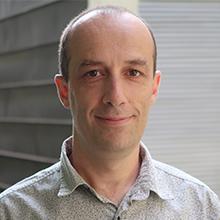 Xavier Basagaña Research Professor
Xavier Basagaña Research Professor -
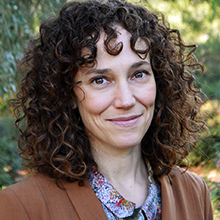 Cathryn Tonne Research Professor
Cathryn Tonne Research Professor -
 Joan Ballester Research Professor
Joan Ballester Research Professor -
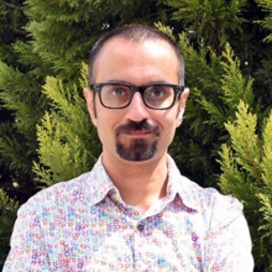 Payam Dadvand Research Professor
Payam Dadvand Research Professor -
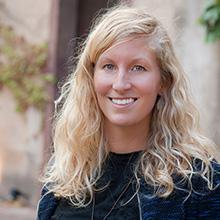 Natalie Mueller Assistant Research Professor
Natalie Mueller Assistant Research Professor -
 Leonardo López Assistant Research Professor
Leonardo López Assistant Research Professor -
 Otavio Ranzani Assistant Research Professor
Otavio Ranzani Assistant Research Professor -
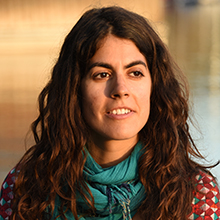 Margarita Triguero-Mas Associated Researcher
Margarita Triguero-Mas Associated Researcher -
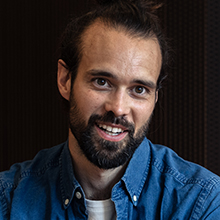 Guillaume Chevance Associated Researcher
Guillaume Chevance Associated Researcher -
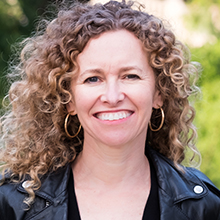 Jill Litt Senior Researcher
Jill Litt Senior Researcher -
 Matilda van den Bosch Senior Researcher
Matilda van den Bosch Senior Researcher -
Judith Garcia Aymerich
-
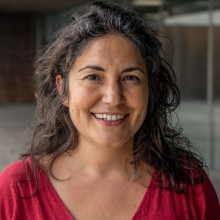 Mònica Guxens ICREA Research Professor
Mònica Guxens ICREA Research Professor -
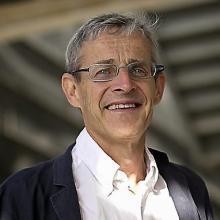 Jordi Sunyer Research Professor
Jordi Sunyer Research Professor -
JUAN RAMÓN GONZALEZ RUIZ
-
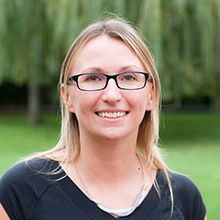 Michelle Turner Associate Research Professor
Michelle Turner Associate Research Professor -
 Eider Arenaza-Urquijo Assistant Research Professor
Eider Arenaza-Urquijo Assistant Research Professor -
 Ioar Rivas Associated Researcher (External)
Ioar Rivas Associated Researcher (External) -
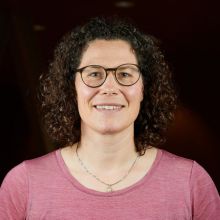 Sarah Koch Associated Researcher (external)
Sarah Koch Associated Researcher (external) -
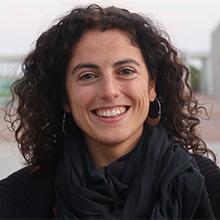 Cristina O'Callaghan Associated Researcher
Cristina O'Callaghan Associated Researcher -
 Anne Thompson Predoctoral Researcher
Anne Thompson Predoctoral Researcher -
 Zhaoyue Chen Postdoctoral Researcher
Zhaoyue Chen Postdoctoral Researcher -
 Tomás Janos Visiting Postdoctoral Fellow
Tomás Janos Visiting Postdoctoral Fellow -
 Ekaterina Borisova Visiting Predoctoral Fellow
Ekaterina Borisova Visiting Predoctoral Fellow









